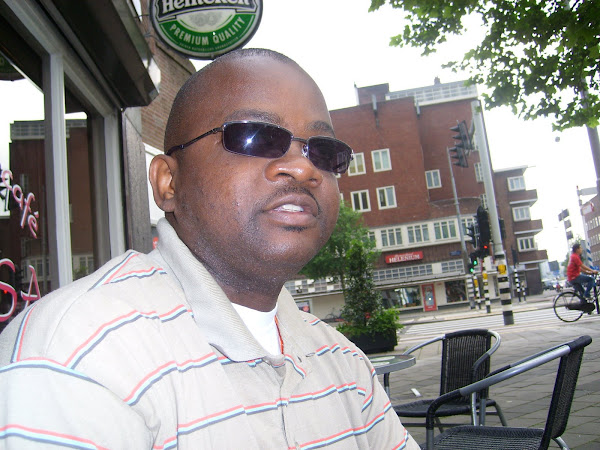
Ms Bhutto was rushed from the scene to her Karachi residence
Former Pakistani PM Benazir Bhutto has accused supporters of late military ruler Mohammed Zia ul-Haq of being behind the bomb attack against her.
More than 130 people were killed in the suicide attack on her convoy following her arrival in her home city, Karachi.
Ms Bhutto, who had just returned to the country after eight years of self-imposed exile, was unhurt.
Zia overthrew Ms Bhutto's father, Prime Minister Zulfikar Ali Bhutto in 1977, and had him hanged two years later.
The military ruler died in mysterious circumstances in a plane crash in 1988.
Subsequent elections saw Ms Bhutto elected for the first of two stints as prime minister.
Speaking shortly after the attack on her convoy, Ms Bhutto told Paris-Match magazine: "I know exactly who wants to kill me.
"It is dignitaries of the former regime of General Zia who are today behind the extremism and the fanaticism."
There were two explosions after midnight local time as Ms Bhutto and her entourage were moving slowly through a crowd of hundreds of thousands of supporters.
Hundreds of people were injured and there were scenes of chaos, with the streets littered with bodies and body parts.
"The first blast was caused by a hand grenade. The second was the suicide attack," Manzoor Mughal, a senior police official told Reuters news agency.
"The attacker ran into the crowd and blew himself up."
He added that the head of the suspected bomber had been found, and it was estimated he had had 15-20kg (33-44lb) of explosives strapped to his body.
'War on terror'
There has so far been no claim of responsibility, but police say they are investigating whether the attack has links to tribal regions bordering Afghanistan, which are deep wells of support for al-Qaeda and the Taleban.
Ms Bhutto - who heads the country's largest political force, the Pakistan People's Party (PPP) - has professed her support for the US-led "war on terror", and said she was returning to Pakistan to combat extremism.
She escaped death or injury because she was travelling in an armoured truck.
Most of the dead were members of the PPP, although police vehicles took the main force of the blasts and more than 20 police officers are thought to have died. A cameraman for a local TV station was also killed.
Ms Bhutto's husband, Asif Ali Zardari, has accused Pakistani intelligence agencies of involvement.
Ms Bhutto's return followed a deal with Pakistan's military ruler, President Pervez Musharraf. The two could end up sharing power after elections in January.
The United States has encouraged their alliance, to maintain nuclear-armed Pakistan's generally pro-Western stance.
Gen Musharraf said in a statement that the attack was "a conspiracy against democracy" and telephoned Ms Bhutto to offer his condolences.
The US said the blasts were clearly an attempt to stifle freedom in the country, but should not be allowed to derail impending elections.
Regional powers China and India, as well as the United Nations and the European Union, also denounced the attack.
On both occasions that Ms Bhutto served as prime minister, her government was prematurely dismissed by the president of the day under special powers.
She left Pakistan in April 1999 - shortly before Gen Musharraf seized power in a coup, and two years after her husband was jailed and a series of corruption charges were brought against her. She denies the charges.

No comments:
Post a Comment